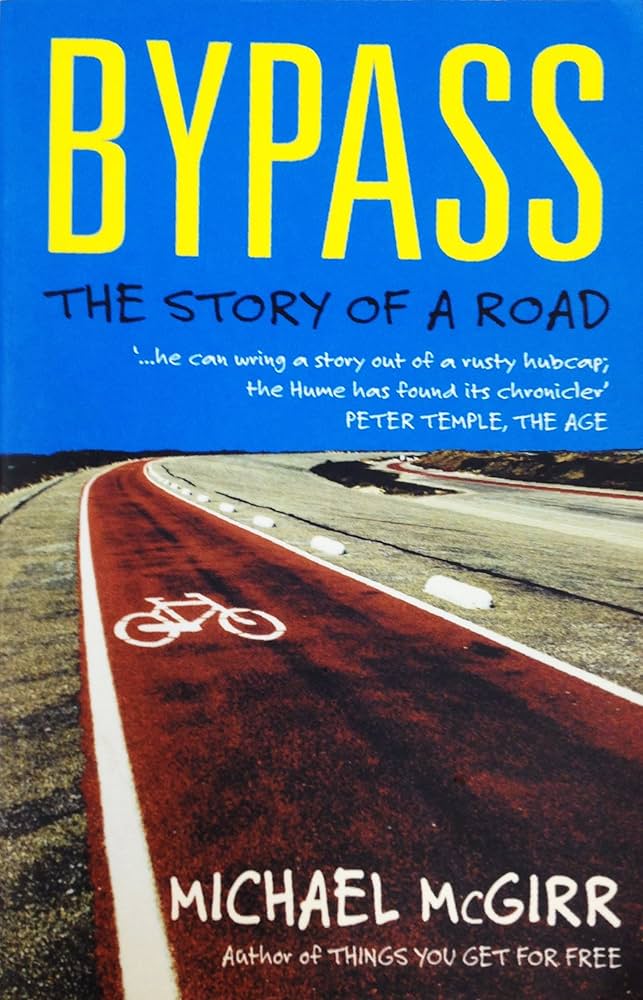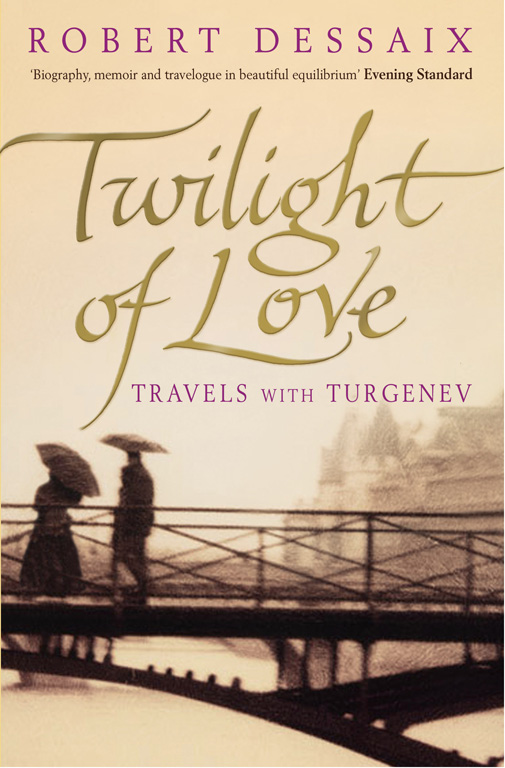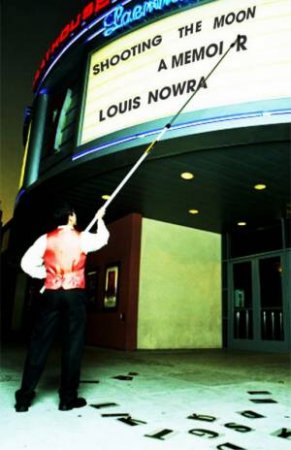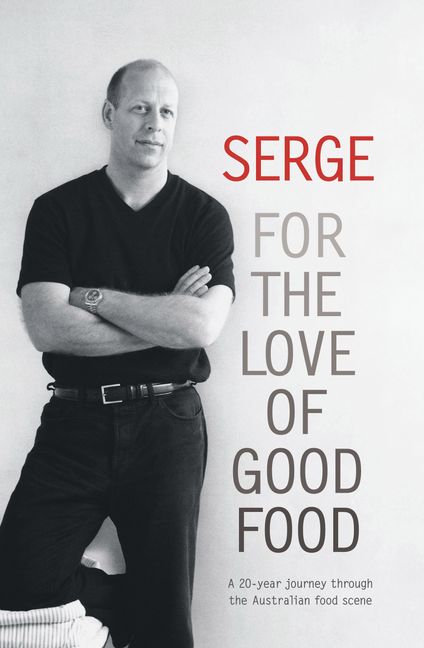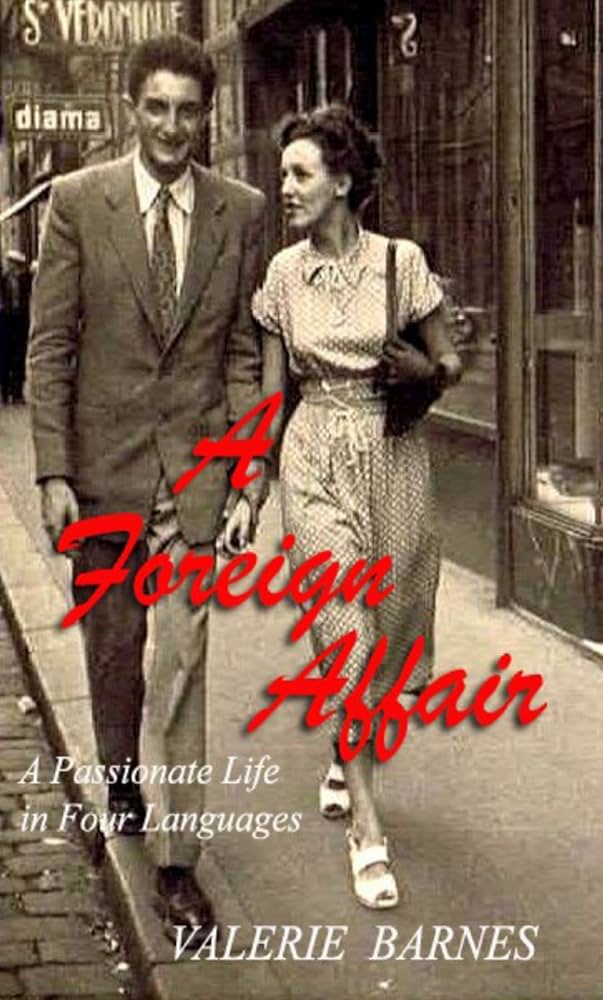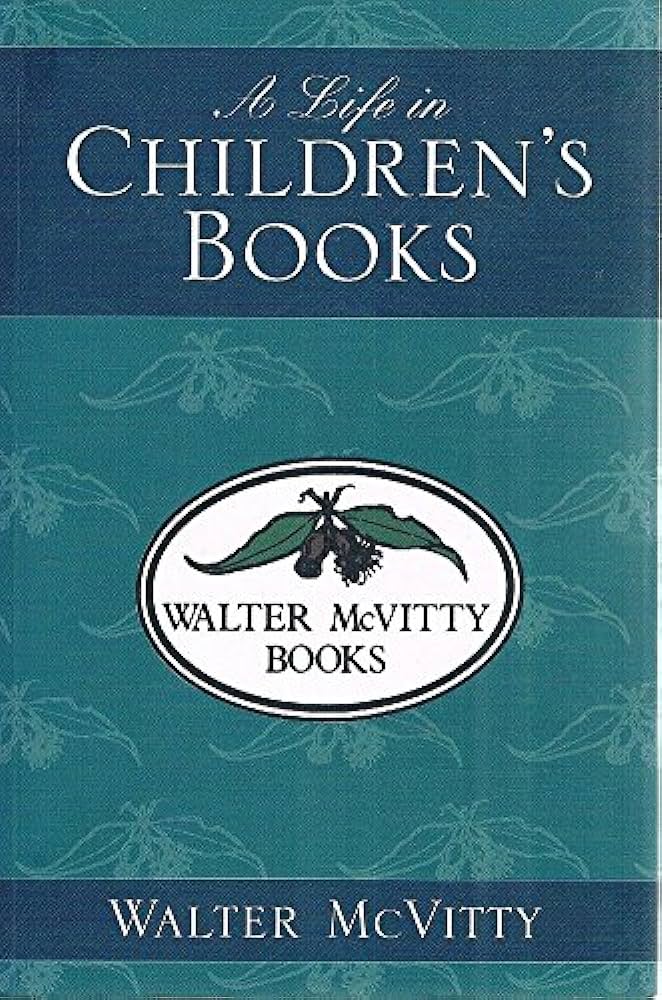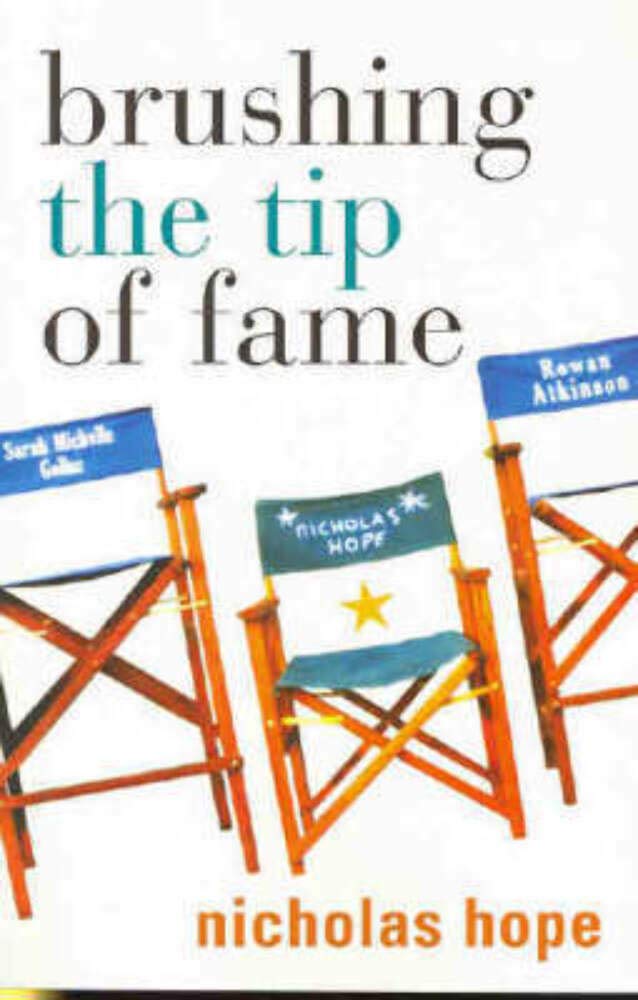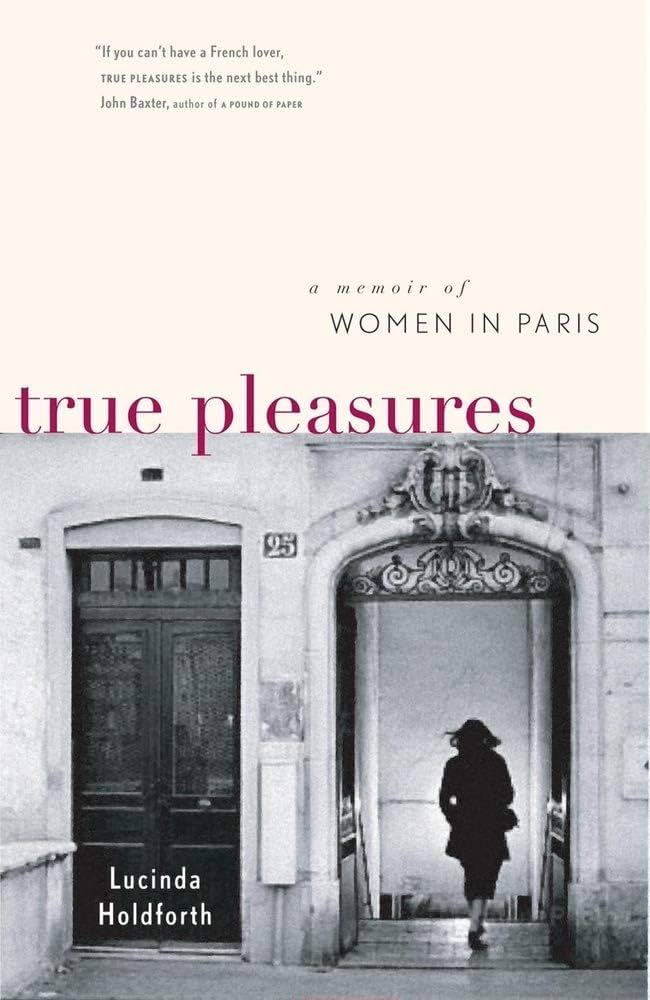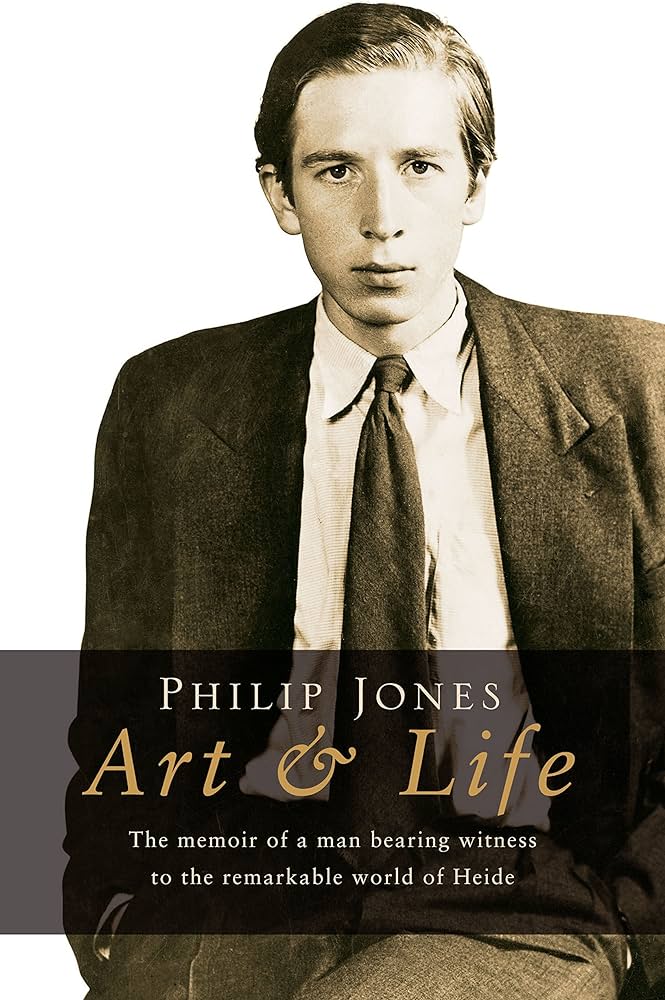Memoir
Michael McGirr has an eye for coincidence. ‘The first bypass,’ he notes, ‘was performed on the Hume [Highway] in 1967, the year the world’s first coronary bypass was successfully performed in Cleveland. Though he does not press the point, the comparison is more than a mere curiosity. The conversion of highway to freeway - the steady accumulation of bypasses over the last forty years that has produced by accretion what is now a straight and soulless run between capitals - has also had the effect of preserving and even revitalising the towns along the way. These towns, no longer on the main drag, have to varying degrees weathered the impact of the surgery, recovering identities that had once been obscured by the clogged-up road that ran right through the middle.
... (read more)Twilight of Love: Travels with Turgenev by Robert Dessaix
Who there amidst them in the distance
Like something not belonging stands
(Pushkin, Eugene Onegin)
In the wonderful way of the ‘marvellous’ and ‘ravishing’ language that was Robert Dessaix’s ‘first Amour’, the Russian for the phrase ‘not belonging’ is just one word, lishnii. Generally translated as superfluous, it gained currency through Ivan Turgenev via the title of a novella, The Diary of a Superfluous Man, which he wrote in 1850. In it, a dying thirty-year-old intellectual recalls the brief and only period of happiness in his life, the three weeks when he was blissfully in love, which ended when the knowledge was forced on him that to his beloved he was – superfluous. Though he does not cite this little known work, an examination of lishnost (the noun) is the crux of Dessaix’s study of not quite belonging.
... (read more)Shooting the Moon is Louis Nowra’s second memoir, the follow-up to The Twelfth of Never (1999), which presented its author as a survivor of an intensely dysfunctional family. Nowra’s mother killed her father; his grandmother suffered from mental illness. Not surprisingly, The Twelfth of Never is a study of violence, madness, and self-alienation. It is also immensely entertaining, an odd disjunction that we often see in Nowra’s work.
... (read more)For The Love of Good Food is an account of Serge Dansereau’s apprenticeship and training in Canadian hotels, of his progress to being executive chef of the Regent in Sydney and of his current status as chef-owner of the Bathers’ Pavilion on Balmoral Beach, Sydney. Very important on the way was Dansereau’s use of the Regent’s buying power to drive the growth and supply of Australian quality produce. His book is all about food, ego, kitchens and Sydney, and it is full of engrossing professional detail. I read it as if it were a novel. Remember Arthur Hailey’s big novels on dry subjects, with dull titles and tens of millions of sales? Hotel and Airport sales were not driven by plot or character or the quality of the prose; there wasn’t even much sex or shopping. What drove sales was our desire to know how things really work on the inside. We are a nosy lot.
... (read more)A Foreign Affair: A passionate life in four languages by Valerie Barnes
Any life, even the most unadventurous, can be made interesting in narrative if it is artful and well written. Valerie Barnes has had a fascinating life if the criteria are travel and meeting people from other cultures. But really, these are not enough to make an engaging memoir. There is a need for shapeliness, for an elegant prose style and, most of all, for a strong subjectivity in the narrating voice. Sadly, these are seriously lacking here. The failure to interpret and filter the meaning of the lived experience through a powerfully established speaking subject leaves Barnes’s life story strangely unrealised. Perhaps this bears out Sidonie Smith’s suggestion in A Poetics of Women's Autobiography (1987) that there is often in women’s life writing a ‘self-effacing speaking posture’ negating ‘the ambition inherent in the presumption of writing her story at all’.
... (read more)The Master Pearler's Daughter by Rosemary Hemphill & Bullo by Marlee Ranacher
Here are two engaging books that trade on the romance and exoticism of northern Australia. Neither makes much demand on the reader nor offers profound insights, but both in their different ways abound in atmosphere and a genuine ‘feel for place’.
Rosemary Hemphill’s childhood was one of extreme contrasts. Her father, the product of Jewish Orthodox parents and Sydney Grammar, washed up in Broome with the dream of becoming the master of a pearling fleet. As so many do, he fell in love with the place and stayed until forced out by the fall of the pearling industry. He served in World War I and, while recuperating from wounds in England, fell in love with the beautiful and cultured daughter of a conventional upper-middle-class couple. The English in-laws insisted that he convert in order to marry their daughter. Back in Sydney, his father declared ‘my son is dead’, as is the custom of Orthodox Jews whose progeny ‘marry out’, and forced the rest of the family to cut ties as well. Louis Goldstein, now Louis Goldie, returned to Broome with his wife and pursued the half-glamorous, half-arduous life of the ‘master pearler’. The life was harder on the women, who were forced to battle the extreme physical conditions, isolation and monotony.
... (read more)The Lu Rees Archives of Australian Children’s literature is a collection of children’s books and manuscripts whose stated purpose is to ‘provide resources for the study and research of Australian authors and illustrators, including both the literature and the historical and cultural context in which it was created’. Officially owned by the Children’s Book Council of Australia, and housed in the University of Canberra’s library, the collection of about fourteen thousand items provides a ‘particularly rich and comprehensive overview of Australian children’s literature, its creation and publishing endeavour’. Lu Rees, a foundation member of CBCA, started the collection with her own substantial holdings, and the collection encourages donations. Walter McVitty has made a gift of more than 3000 books and the entire archive of his publishing company, Walter McVitty Books, which existed from 1985 to 1997. In order to aid future researchers who might find the vast array of material in that archive bewildering, McVitty wrote explanatory notes of about twenty thousand words. He has expanded these into this book, which Lothian (the company that bought his imprint) has published.
... (read more)It’s good that Nicholas Hope has written this amusing, light-footed entertainment. Should he give up his day job as an unemployed actor, in Brushing the Tip of Fame (his first book) he has a highly readable example of his scribbling to convince editors that he could go far as a journalist, whether as a travel writer, celebrity profiler or feature writer ...
True Pleasures: A memoir of women in Paris by Lucinda Holdforth
In True Pleasures, Lucinda Holdforth gives an account of her own life refracted through vignettes of the lives of famous women that have lived in Paris. Some of her subjects are writers, some courtesans and some ‘salonnières’. Holdforth went to Paris on holiday to recover from a sense of stalemate in her life. She candidly admits to abject disasters in her love life and to a failure to feel at ease in her work, first as an assistant to the deputy prime minister in a former Labor government, then as a highly paid management consultant in the corporate world. She is discreet about her experience as a political adviser, but it is clear that she found the masculine ethos of Australian political life alienating:
... (read more)Book covers are just expensive hints, and the jacket adorning Philip Jones’s memoir of Heide and beyond is suitably suggestive. Jones may not be especially literary, but he looms at us – first youthful, now in his early seventies – as a kind of antipodean Auden: languid, floppy-tied and with searching eyes. That direct, if hooded, gaze introduces us to a soi-disant minor figure in our cultural history, but one who had an intimate place at Heide in the 1960s and 1970s, and who has known some of the authentic characters and creators in Australian art and letters.
... (read more)

